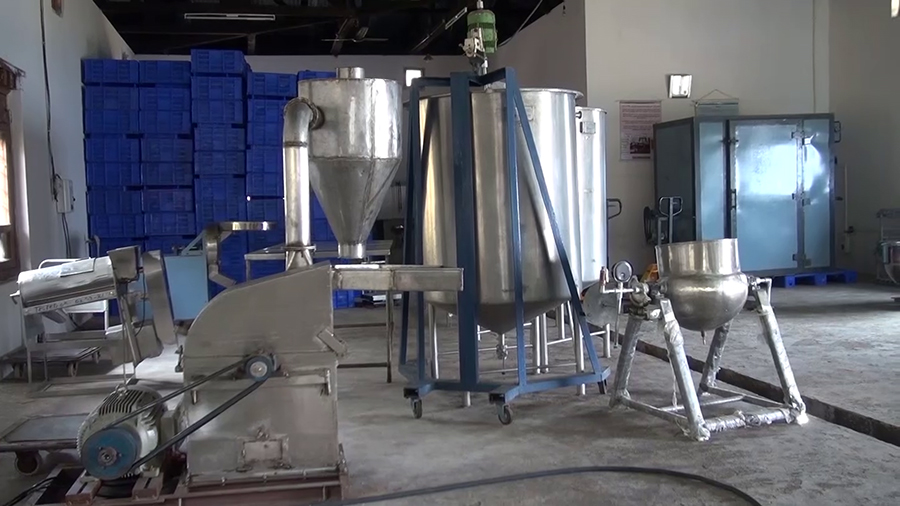
The post-harvest crop losses have been hindering farmers in Pema Gatshel from earning a substantial income. However, from now on, this will not be the case. The National Post Harvest Sub Centre in Shumar Gewog has recently brought several agricultural machines to help farmers mitigate post-harvest losses, enhance value-added products and spur incomes.
Farmers of eight gewogs- Nanong, Shumar, Khar, Zobel, Yurung, Chhimung, Chongshing and Dungmin will reap the benefits of machines comprising a steam boiler, fruit squeezer, vegetable dryer, mega mixer, grain grinder and baking oven worth Nu 4 M.
According to the National Post-Harvest Sub Centre, they will soon train the farmers to use the machines.
Following the training, farmers are expected to fully utilise the facilities and expand agriculture-related economic opportunities.
“As farmers are mostly engaged in farming works. So, it’s not often convenient for them to visit the centre. But some farmers have shown interest, so for them, we are rendering the services and support anytime,” said Kezang Dorji, a technician with the centre.
Some farmers say besides preventing post-harvest losses, the machines can help add value to their commercial crops and facilitate markets for them.
“Usually, we dry chillies on the rooftops and sometimes due to rain, they rot. So, we have to throw them. We heard there is a machine for making jaggery. All these machines will help us generate income,” shared Pema Dorji, one of the farmers from Nanong Gewog.
His farming mate, Norbu Tshering is also looking forward to scaling up value-added products to generate income.
“When the shelf life of vegetables especially spinach ends, we have to throw them. We heard a vegetable dryer machine has arrived. So, we can dry the vegetables, add value and sell them.”
According to the Bhutan Poverty Analysis Report 2017, Pema Gatshel has one of the highest poverty rates in the country.
In view of this, gewog and agriculture officials there say the newly procured machines will have a large hand in the uplifting local economy and contribute towards poverty reduction.
Thinley Dorji, Pema Gatshel
Edited by Pema Lhaden









